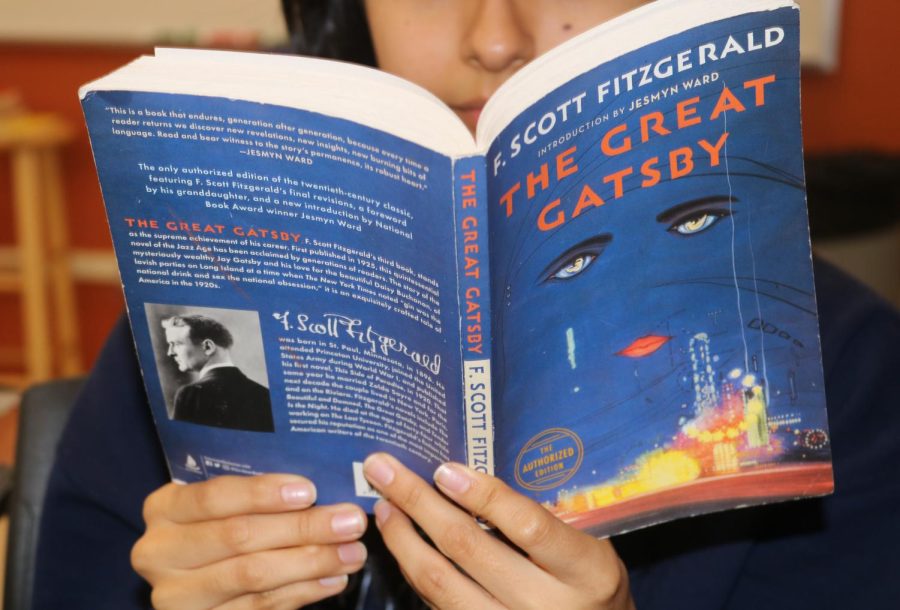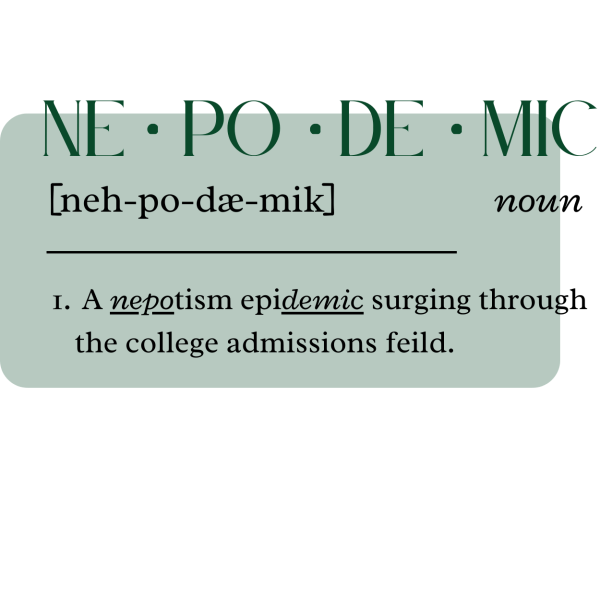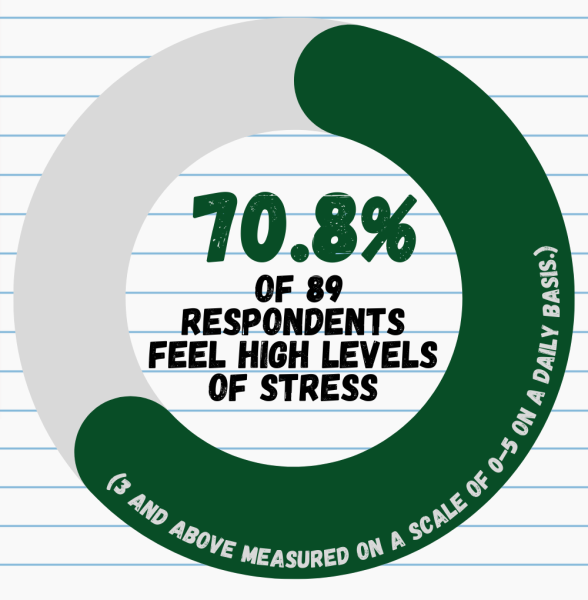The Beauty of Classic Literature
“Classic literature” is a subsection of books that continue to be read over decades and even centuries, that are particularly noteworthy and excellent. It encompasses all sorts of genres, from romances to comedies to even fantasy and science fiction.
The main quality of the classics is that they endure. They’ve been determined to be important enough that they not only distinguish themselves in their time, but also in ours.
When I was younger, I wasn’t as interested in classics as I am now. I always liked reading, but I never really saw the value in the inflated, obsolete language or stories from a time I could scarcely imagine.
However, as I got older, I realized that maybe those stories weren’t entirely foreign to me. I didn’t live in an English manor in the Victorian era or command an army in the Trojan War, but I’ve known the universal ideals of these novels.
They weren’t about the time period; they were about the people living in it. And we all have had fairly similar experiences, no matter what time period we live in.
I’ve never had a desire to throw lavish parties from a New York mansion, like in “The Great Gatsby,” but I’ve known the desire to work hard to fulfill my dreams, and felt the allure of the American dream, however unreal it may be. At the same time, I also could appreciate the political intrigue of “Macbeth” and understand each character’s motivations.
Because, in the end, people don’t change much. Centuries may pass, but at our core, we still experience the same general things. And that’s beautiful. Even if the stories aren’t real, we’re still able to experience something that someone in Imperial China or the Middle Ages went through.
“[Classic literature] deals with human emotions and human problems that we still deal with today,” said English teacher Ms. Kristen Hawver. “It [shows] the idea of universality that across time, countries [and] economic lines, we as humans still deal with the same things fundamentally, and we still have the same conflicts and emotions.”
In addition to classic literature’s merit as art, it’s beneficial to your brain. A study conducted by Michigan State University found that when participants read Jane Austen, blood flow was dramatically increased to areas of the brain “far beyond those responsible for what cognitive scientists call ‘executive function.’
If simply reading one classic novel can stimulate your brain so much, the effects of consistently reading classics can drastically improve your brain function.
According to the Royal Society of Literature, a study conducted by Liverpool University found that reading works by authors like Shakespeare or T.S. Eliot directly helps boost brain power.
Specifically, reading classics, especially those written in verse, is associated with increased activity in the right hemisphere of the brain, which is associated with autobiographical memory.
This essentially means that classic literature can be read as self help books. We’re able to take in the story and apply it to our own lives, and allow us to become better for it.
That being said, we should address the elephant in the room – reading classics is hard. They can be nearly impossible to understand. Shakespeare, for instance, is written in an entirely different version of English, and even when works are written in modern English, they can still be extremely challenging.
“The language is so valuable because it’s just going to broaden your vocabulary,” explained Ms. Hawver. “It [could] make you a better reader, a better writer, a better speaker — being able to use better words when you’re talking in your [personal]… or professional life one day.”
I’ll admit, I have abandoned books when they’re too difficult to read. I started The Sound and the Fury by William Faulkner three times — and each time, I made it around halfway and stopped. It was taking me a half an hour to finish five pages, and I decided it wasn’t worth the effort.
But that was quite the dramatic example, since that book is largely regarded as one of the most difficult literary works ever written.
It’s more than okay to drop a book if you’re not enjoying it, or if it’s so drastically difficult to read that you find yourself hating every minute of it.
But it’s always worth the effort to try. Even if it’s hard, it feels better to push through that difficulty and make it out on the other side.
Classic literature is a challenge. But it’s a challenge that’s worth it.
When we read classic literature, we get to see into a whole other world. We get to go places we could only see in our dreams. We get to hear from people who’ve lived thousands of miles away, hundreds of years ago.
And then we get to realize that despite our physical distance, we’re still the same.














